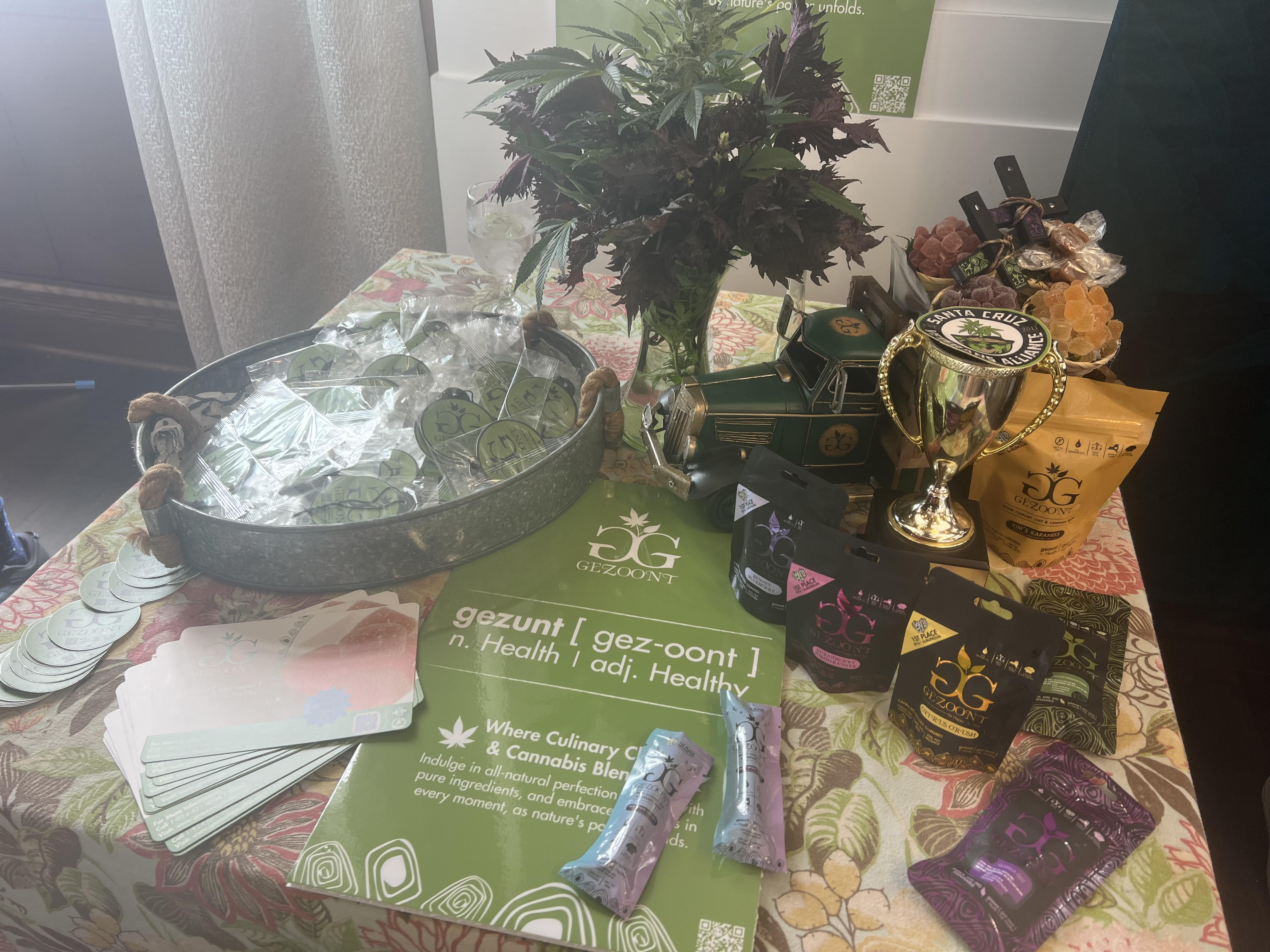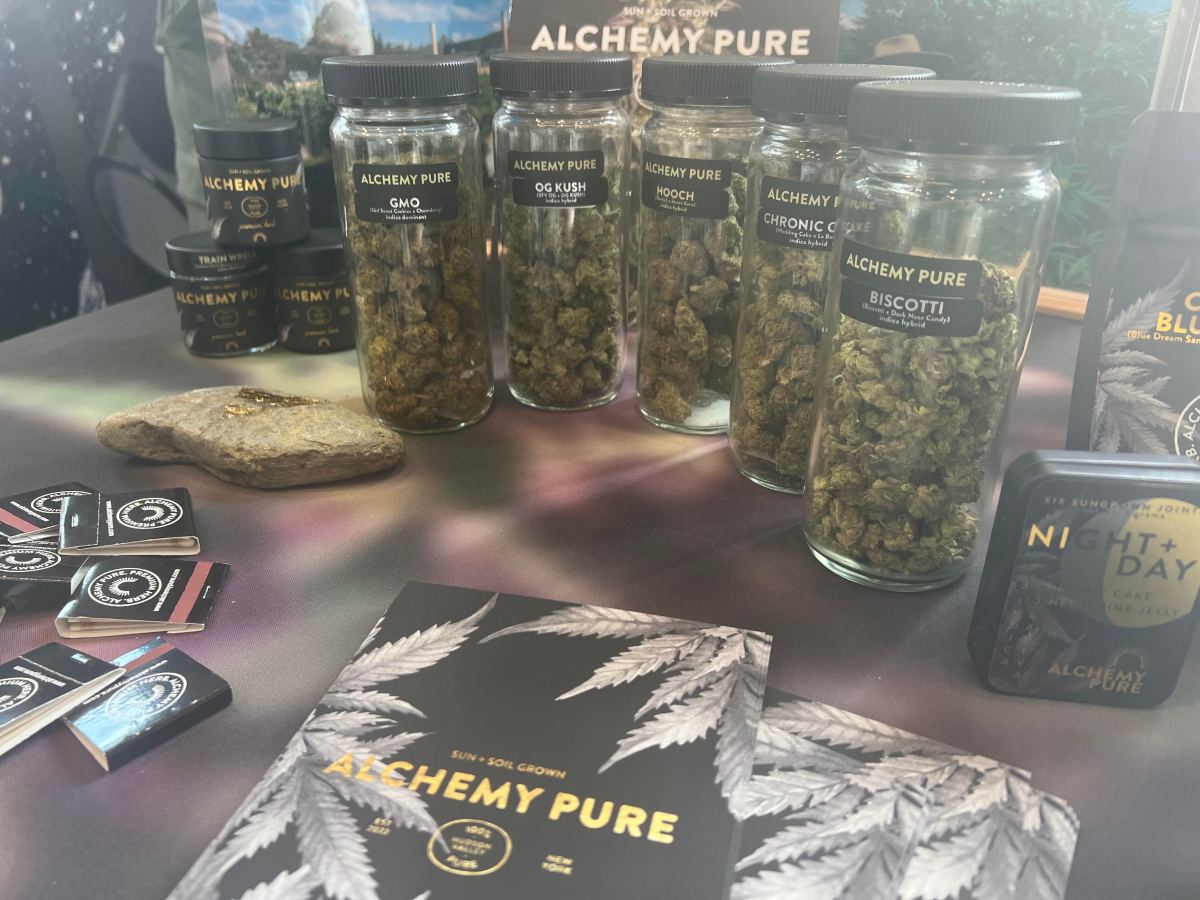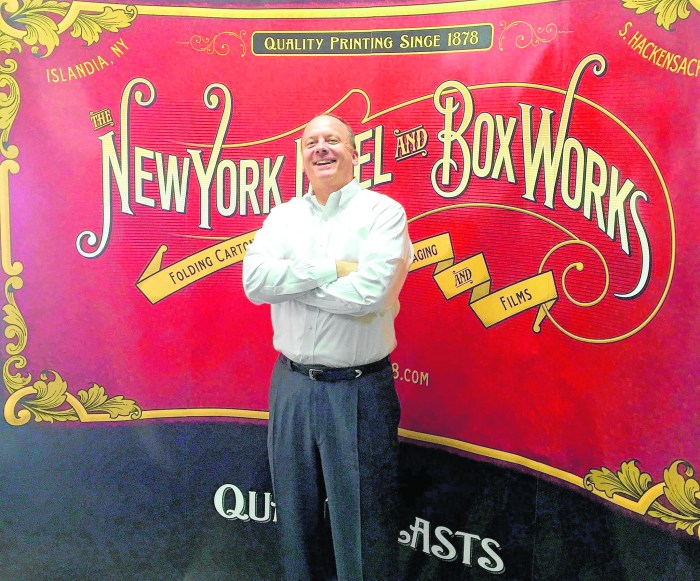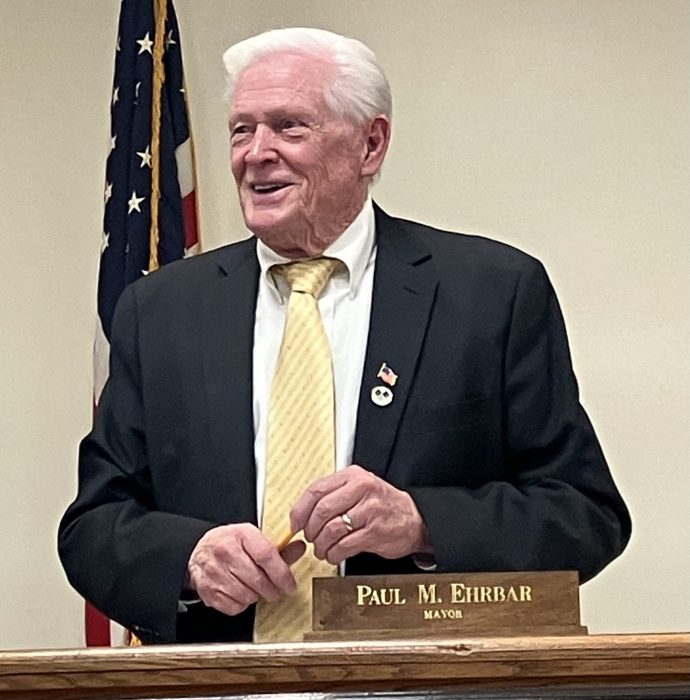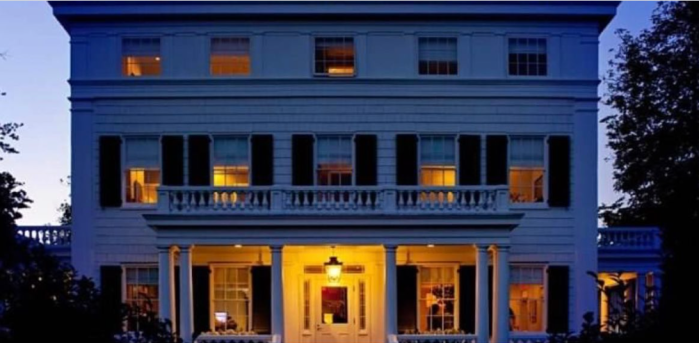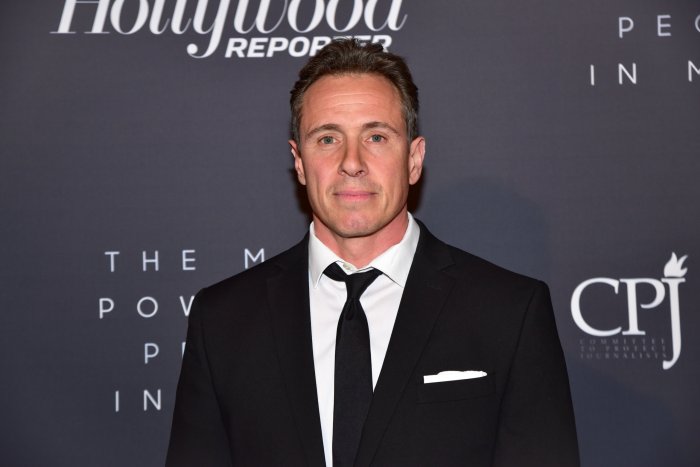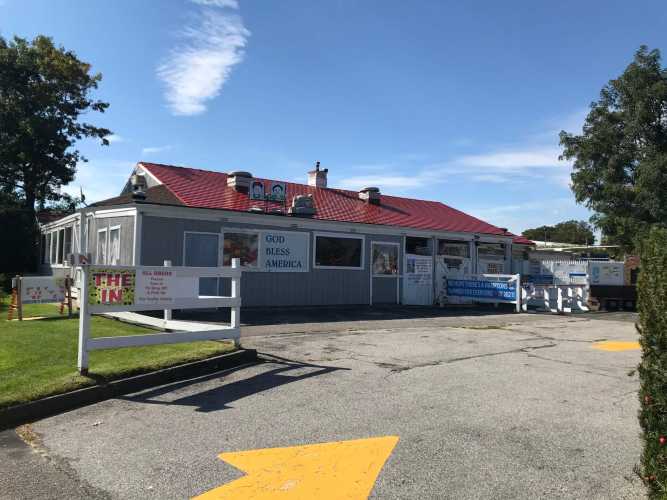A negative perception of the fledgling recreational marijuana industry clouds retailers’ ability to open shops on Long Island, where only three of 36 entities that New York State has licensed have opened.
Ending the stigma would help proprietors cut through the red tape, experts said at the Long Island Cannabis Coalition’s second annual conference on Sept. 19 at Gatsby on The Ocean at Jones Beach.
“The rules, the way we wrote them, say you cannot discriminate against cannabis dispensaries under any circumstances,” Axel Bernabe, the former senior policy director of the state’s Office of Cannabis Management (OCM), said at the Long Island Cannabis Coalition conference. “They have to be treated like every other business.”
Of the 13 towns on Long Island, only four — the towns of Babylon, Brookhaven, Southampton and Riverhead — opted to allow brick-and-mortar cannabis retailers in their jurisdiction. So far, the only three state-licensed shops that have opened are in Farmingdale, in the Town of Babylon. The Shinnecock Nation also has cannabis retail, but those entities are not required to be licensed by the state.
“Now is the time for folks to come together and start to write and help,” Bernabe said. “Help with enforcement, education, regulations.”
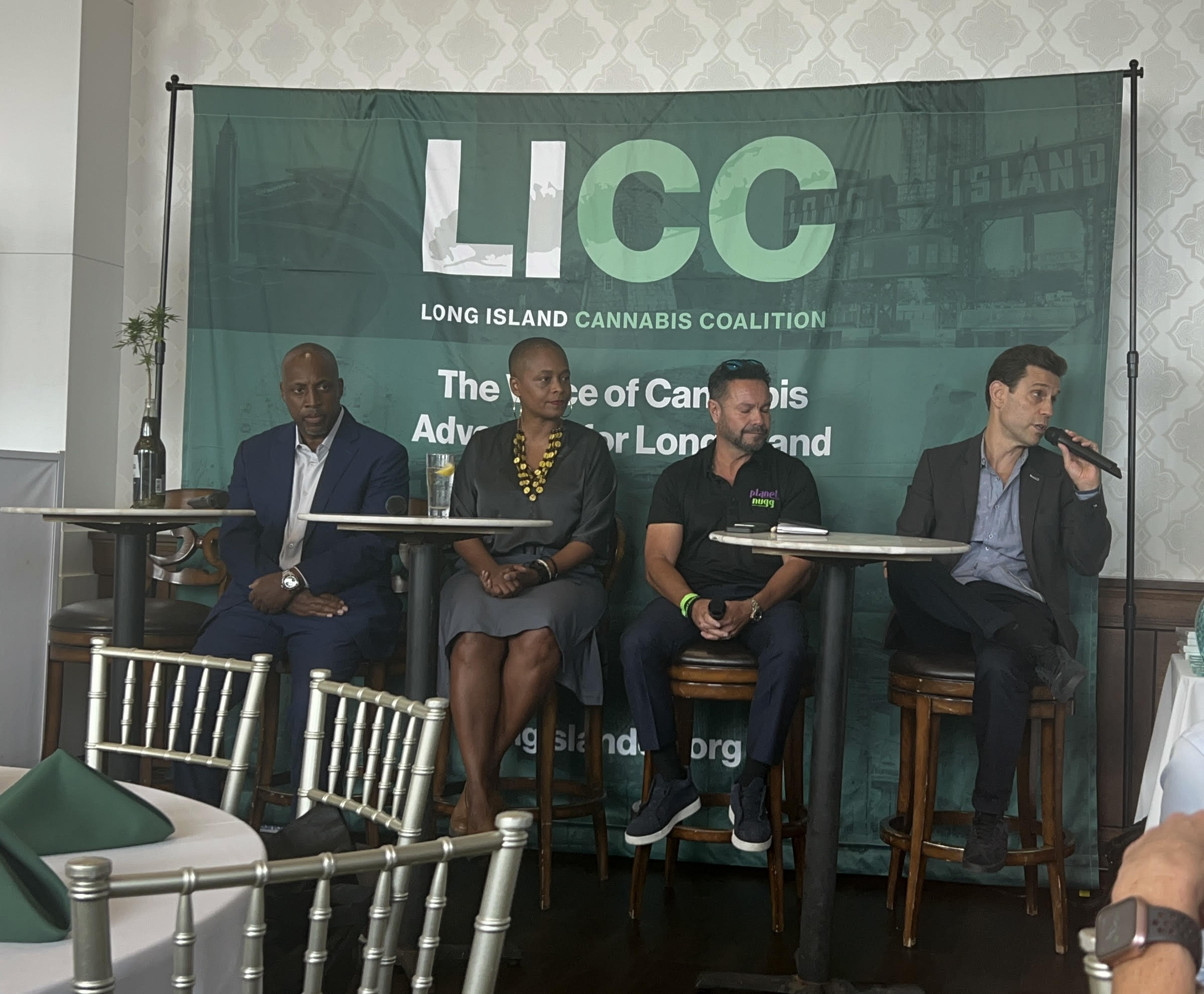
Tremaine Wright, who chairs the state of Cannabis Control Board, said it is difficult for towns to open more than one dispensary due to regulations restricting retailers locations away from schools and restricting stores to industrial areas. He and the Long Island Cannabis Coalition say there are ways for the industry to support and coexist with the surrounding community.
“I think a large part of it is, helping people to understand what the parameters mean for the community, how the community can participate in creating proper regulations for their spaces and also not constricting cannabis in a way so it’s suffocating,” Wright said.
“On our end in the office, the board is trying to put structures in place so that we can help communities meet the needs of their community. The kind of stuff we’re doing is an education, an outreach, a training with the police department.”
Wright advises proprietors to talk with their community and their neighbors to hear concerns and devise sensible solutions.
“Talking with the governor’s office is cute, it’s not as effective as going and having a conversation at your local church, PTA, or community housing associations, your precinct,” Wright said.
“If we don’t talk to our community leaders and change those hearts and minds, I don’t care what comes out of the governor’s office, it’s not going to resonate on the ground.
David Tubens of Planet Nugg, the third and most recent state-licensed dispensary to open, said there is more common ground to be found.
“The PTA moms are the ones who are against us, but they’re like the biggest buyers of us,” he said. “We want to educate the parents of our community to not be against us.”
Many people are unaware that these dispensaries are not simply for getting high, but are there to help the community’s needs, reps at the Long Island Cannabis Coalition said.
“There’s something for everyone,” Tubens said. There’s pain management products, there’s stuff for anxiety, sleep disorders, there’s so much more.”
Damien Cornwell of the Cannabus Association of NY explained how they’ve gotten connected with the community where he has a dispensary in upstate Binghamton.
“Once the store opened up, I helped fund an addiction center that was built in one of the churches,” he said. “Now they house 20 women who are spending a month there.”
Local dispensaries have taken the same approach. Those at the Long Island Cannabis Coalition want to highlight the ways the industry can give back.
“Whether you like it or not, it is legal in the state,” said Paul Lepore of Happy Days in Farmingdale. “The bottom line is, working with these organizations, giving back, throwing community events that really help to break the negative stigma is huge.”
